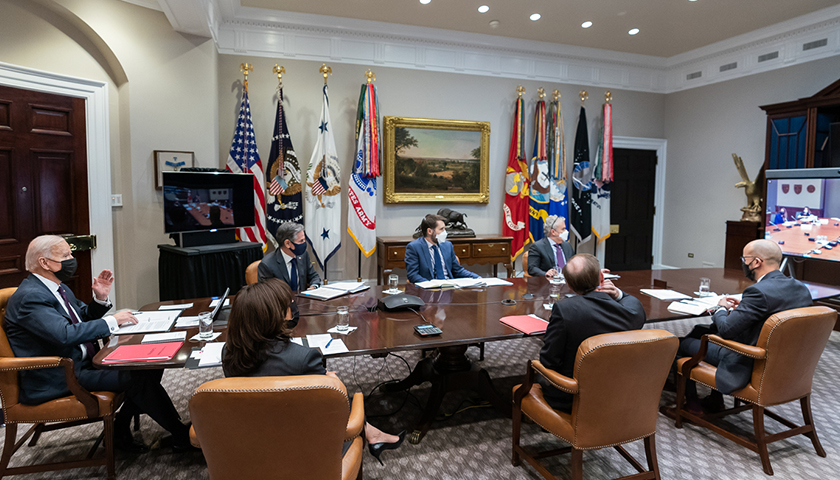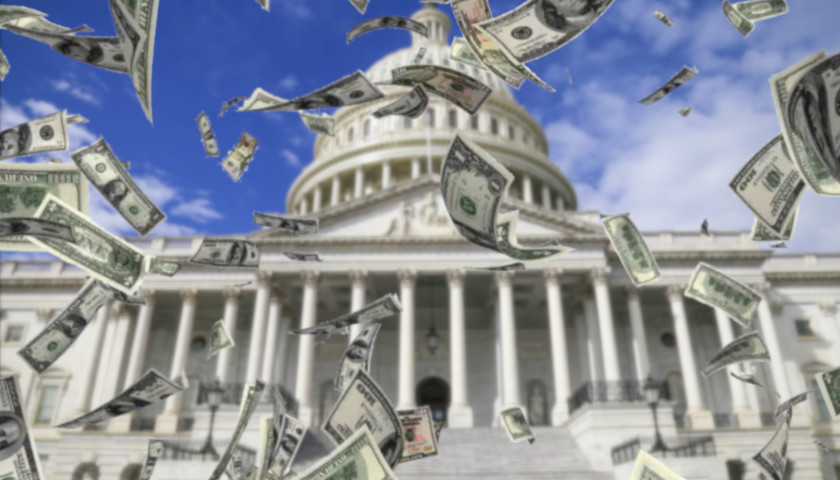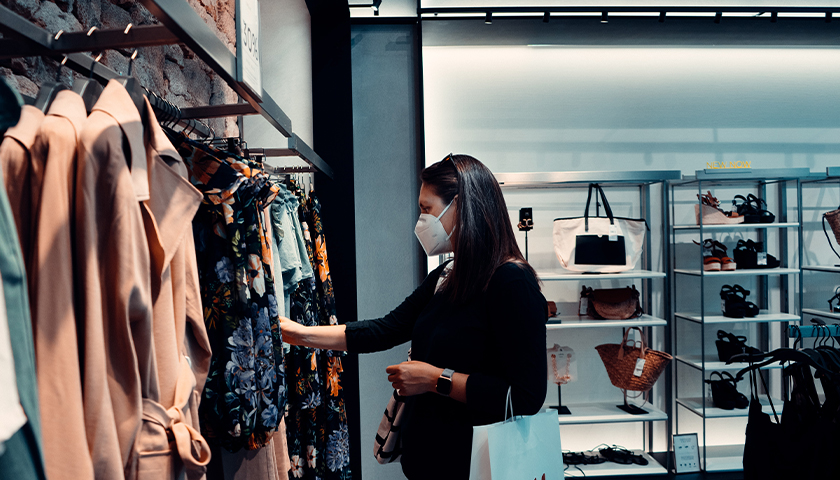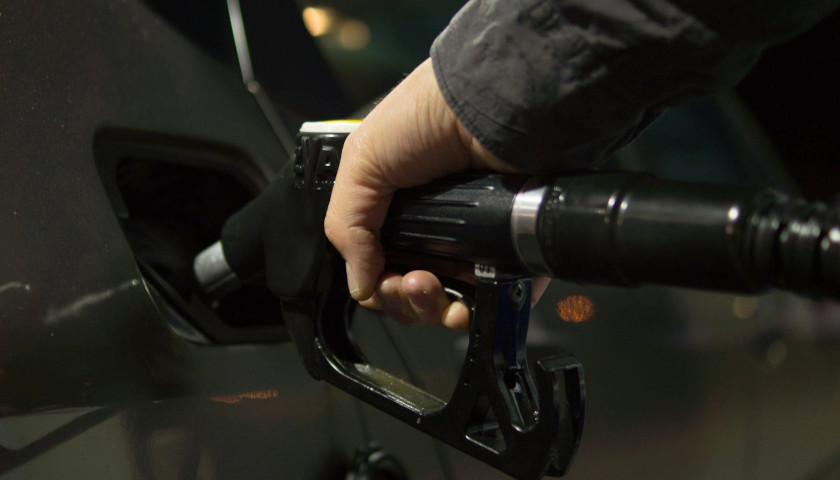Massive government spending has decreased the value of the American dollar and triggered increased consumer prices, which economic experts said will only get worse.
Americans will continue to see higher prices across the board, from food and gasoline to home appliances and cars, as the federal government continues to propose more stimulus into the economy without an adequate plan to pay for it, according to several experts. Even if the government doesn’t pass legislation increasing taxes, higher prices ultimately amount to an “inflation tax,” some of the experts said.
“Over the past few months, we have seen an inflation rate that is much higher than where we’ve become accustomed to,” Heritage Foundation research fellow Joel Griffith told the Daily Caller News Foundation. “When we are going to the grocery store, going to the gas station, building our new home, we’re noticing that prices are really accelerating at a much faster clip than what we’re used to.”
Read More













